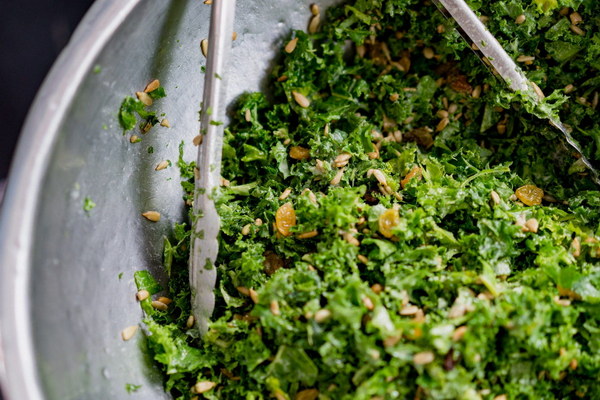Nourishing Remedies for Baby's Vomiting A Comprehensive Guide to Tummy Troubles
Introduction:
Vomiting in babies can be a concerning and unsettling experience for parents. It is a common symptom that can be caused by various factors, such as infections, food allergies, or gastrointestinal issues. While it is crucial to consult a healthcare professional for an accurate diagnosis and treatment, there are certain nourishing remedies that can help soothe your baby's tummy and alleviate vomiting. In this article, we will explore the causes of baby vomiting, provide tips on managing it, and discuss various food-based remedies that can aid in the recovery process.

Understanding the Causes of Baby Vomiting:
Before delving into the nourishing remedies, it is essential to understand the potential causes of baby vomiting. Some common reasons include:
1. Gastroenteritis: Also known as stomach flu, this viral infection affects the gastrointestinal tract and causes symptoms like vomiting, diarrhea, and fever.
2. Food allergies: Intolerance or allergic reactions to certain foods can trigger vomiting in babies.
3. Overfeeding: Feeding your baby too much or too quickly can lead to discomfort and vomiting.
4. Gastroesophageal reflux disease (GERD): This condition occurs when stomach acid flows back into the esophagus, causing irritation and vomiting.
5. Teething: The discomfort associated with teething can sometimes lead to vomiting in babies.
Nourishing Remedies for Baby Vomiting:
1. Small, Frequent Feedings: When your baby is vomiting, it is important to provide small, frequent feedings rather than large meals. This approach helps prevent overfeeding and allows the stomach to rest and recover. Breast milk is an excellent choice, as it is easily digestible and provides essential nutrients.
2. Electrolyte Replacement: Vomiting can lead to dehydration and electrolyte imbalances. To replenish these vital nutrients, you can offer your baby oral rehydration solutions (ORS) or water. Consult with your pediatrician for the appropriate dosage.
3. Gentle Solid Foods: Once your baby's vomiting subsides, you can reintroduce gentle solid foods. Start with bland and easily digestible options like rice cereal, applesauce, bananas, or mashed potatoes. Gradually reintroduce other foods as tolerated.
4. Breastfeeding or Formula Adjustments: If your baby is on formula, you may need to make some adjustments. Try diluting the formula with water or switching to a hypoallergenic formula. In the case of breastfeeding, ensure that your diet is balanced and free of allergens that could trigger vomiting in your baby.
5. Herbs and Spices: Some natural herbs and spices have soothing properties that can help calm the stomach. Consider incorporating the following into your baby's diet:
a. Ginger: Known for its anti-inflammatory and antiemetic properties, ginger can help alleviate nausea and vomiting.
b. Chamomile: This calming herb has been traditionally used to soothe the gastrointestinal tract and reduce vomiting.
c. Fennel: Fennel seeds contain essential oils that aid in digestion and reduce bloating and gas.
6. Hydration and Rest: Ensure that your baby stays hydrated by offering fluids regularly. Rest is also crucial for a quick recovery. Keep your baby in a comfortable and safe environment to rest and regain strength.
Conclusion:
While baby vomiting can be distressing, there are various nourishing remedies that can help soothe your baby's tummy and support their recovery. It is vital to consult with a healthcare professional for an accurate diagnosis and appropriate treatment. By following these guidelines and implementing the suggested remedies, you can help your little one overcome vomiting and return to good health.









